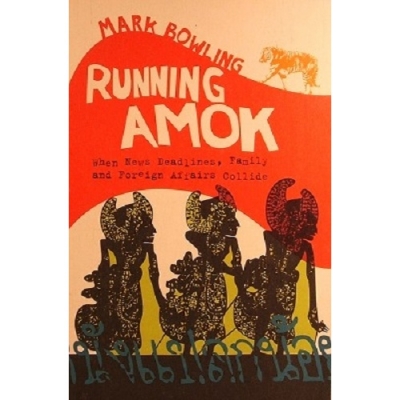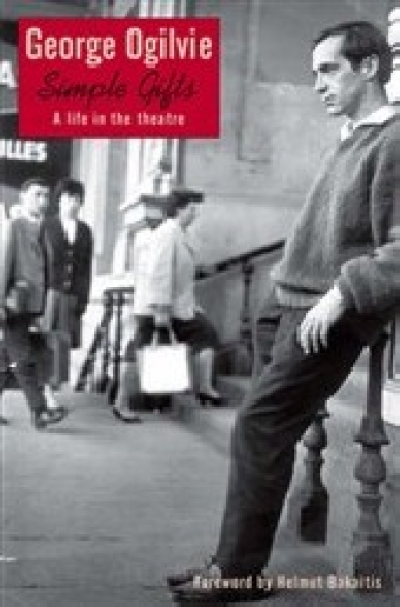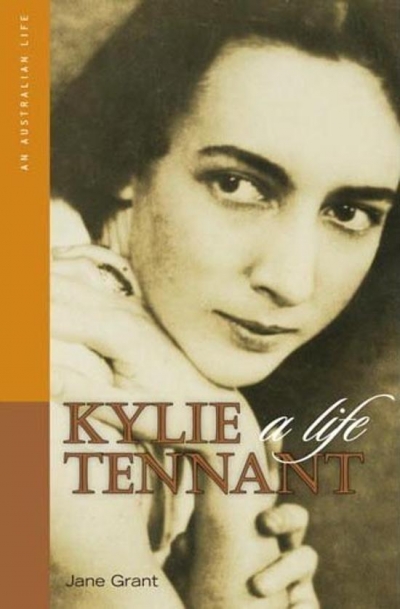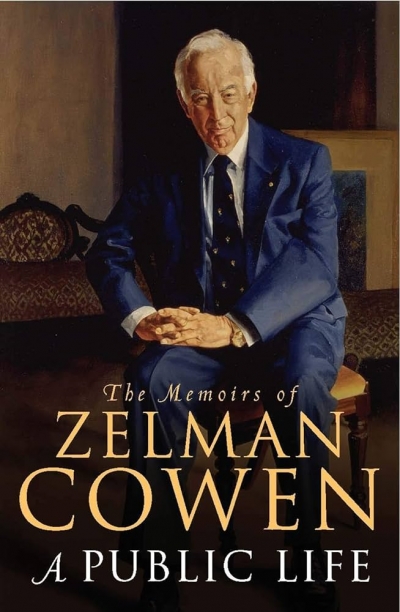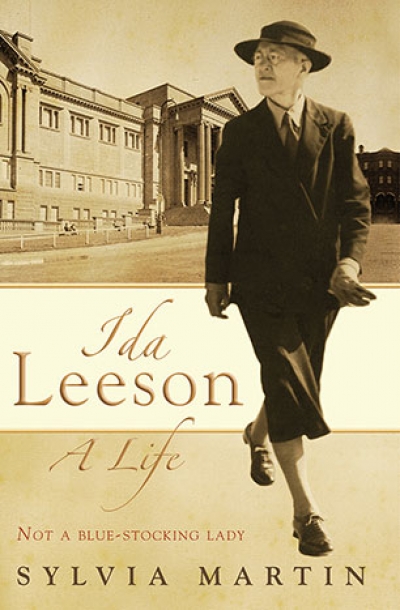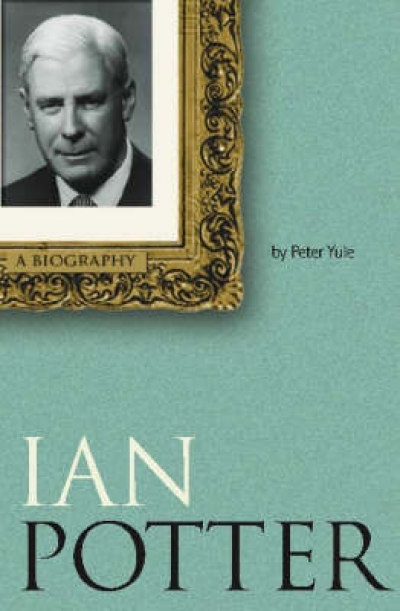Biography
Running Amok: When news deadlines, family and foreign affairs collide by Mark Bowling
by Philip Clark •
Self-Portrait of Percy Grainger edited by Malcolm Gillies, David Pear, and Mark Carroll & Facing Percy Grainger edited by David Pear
by Michael Shmith •
The Premiers of New South Wales Volume 1 edited by David Clune and Ken Turner & The Premiers of New South Wales Volume 2 edited by David Clune and Ken Turner
by Grant Bailey •

